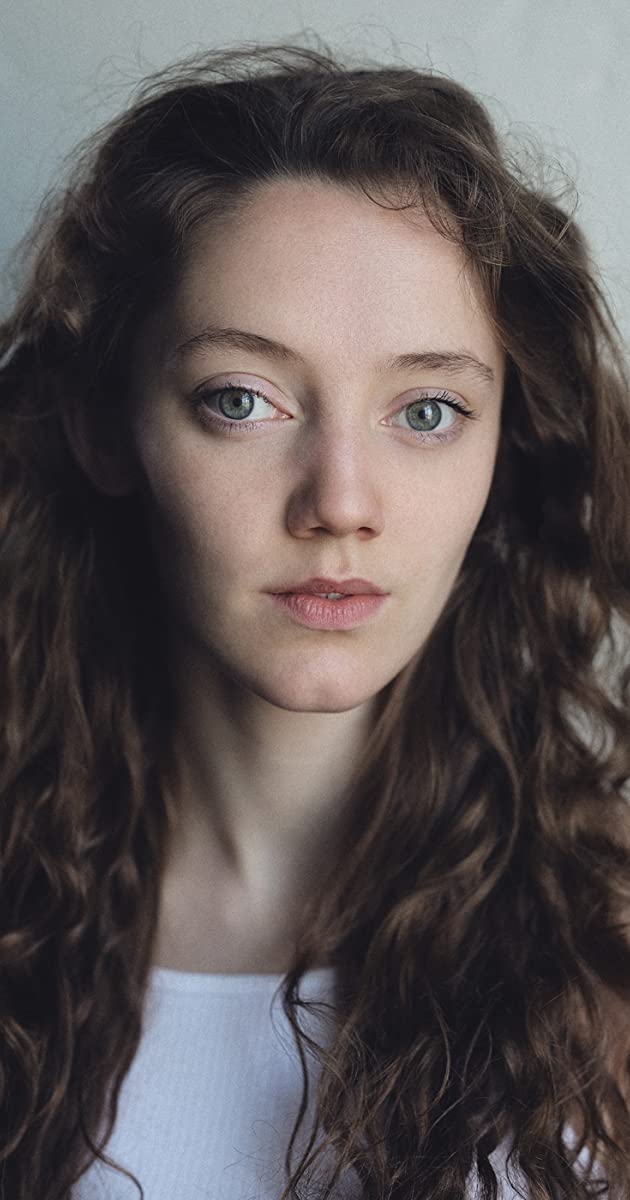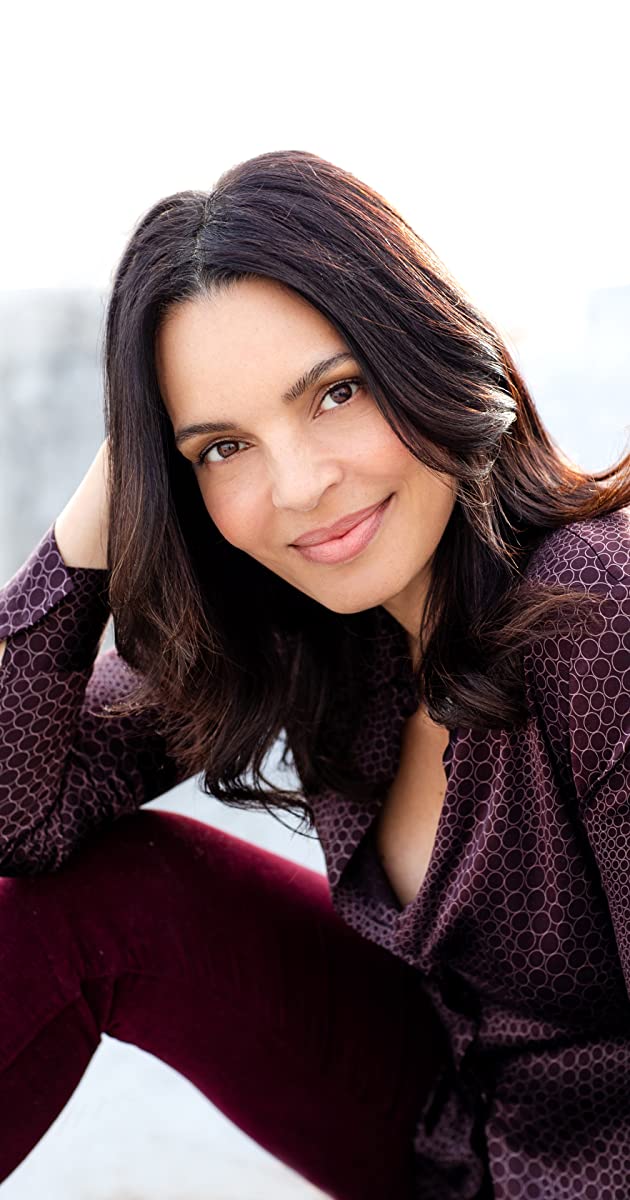
Arielle Laure Maxime Sonnery, later known as Arielle Dombasle, was born to French parents in Hartford, Connecticut. After their mother’s death in 1964, Dombasle and her brother were raised in Mexico by their maternal grandparents; she attended Lycée Franco-Mexicain, a private school. She decided to pursue a career in acting and singing after attending the Conservatoire International de Musique de Paris.
Dombasle released five singles in the 1980s: “Paris m’a séduit” (1980), “Cantate 78” (1985), “Je te salue mari” (1986), “Nada más” (1988), and “Amour symphonique” (1989). She made her feature film debut in the French-language drama Perceval le Gallois (1978), and has gone on to appear in over 70 movies, most of which are French. Dombasle was nominated for a César Award for her supporting performance in the romantic drama L’ennui (1998), but lost to Dominique Blanc for Ceux qui m’aiment prendront le train (1998). As well as acting, Dombasle has also directed and penned three films: Chassé-croisé (1982), Les pyramides bleues (1988), and Opium (2013).
During the 1990s, Dombasle was on a break from her music career, but bounced back in the 2000s with six singles: “Liberta” (2000), “Rhum and Coca-Cola” (2004), “C’est si bon” (2006), “Où tu Veux” (2007), and “Extraterrestre” (2009). She has continued to work as a musician into her 60s, having released nine albums since 2000. Dombasle is also an animal rights activist, having campaigned against slaughterhouses.
She is married to French philosopher and writer Bernard-Henri Lévy, and is stepmother to Lévy’s two children.


